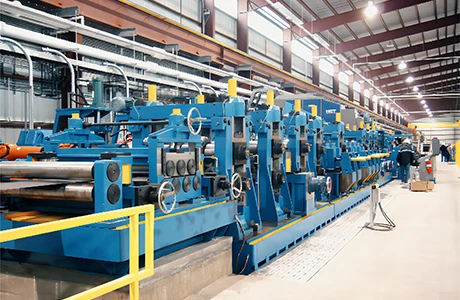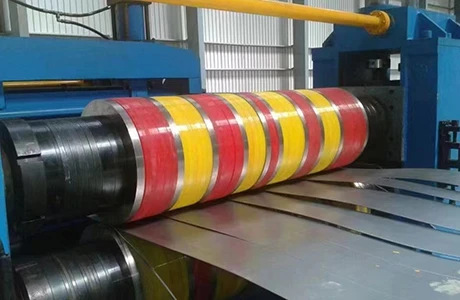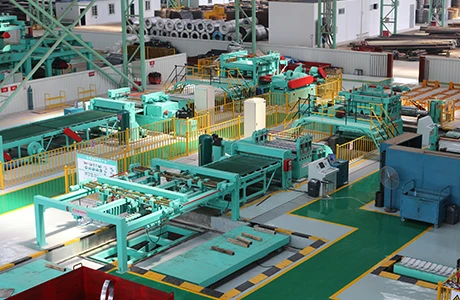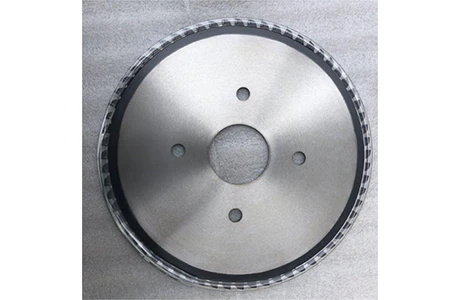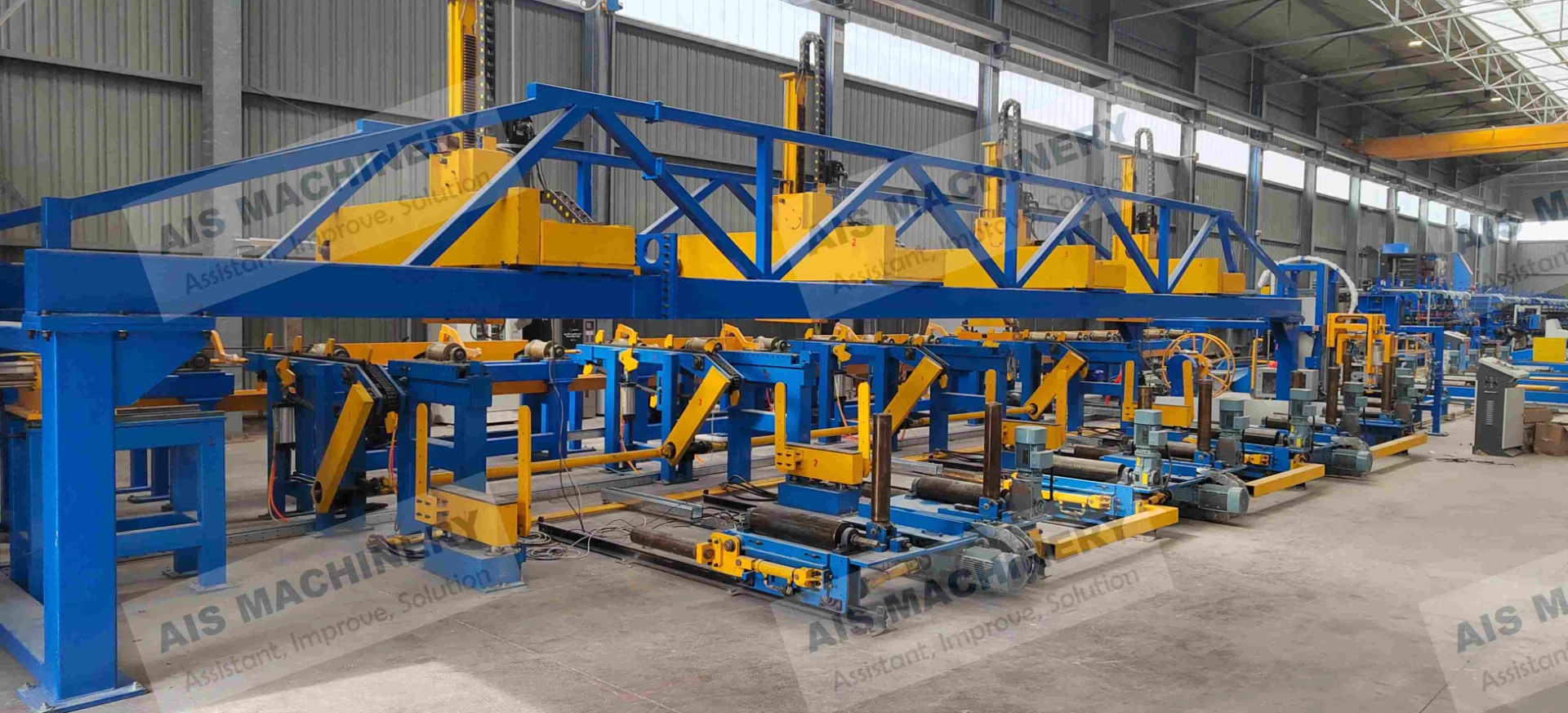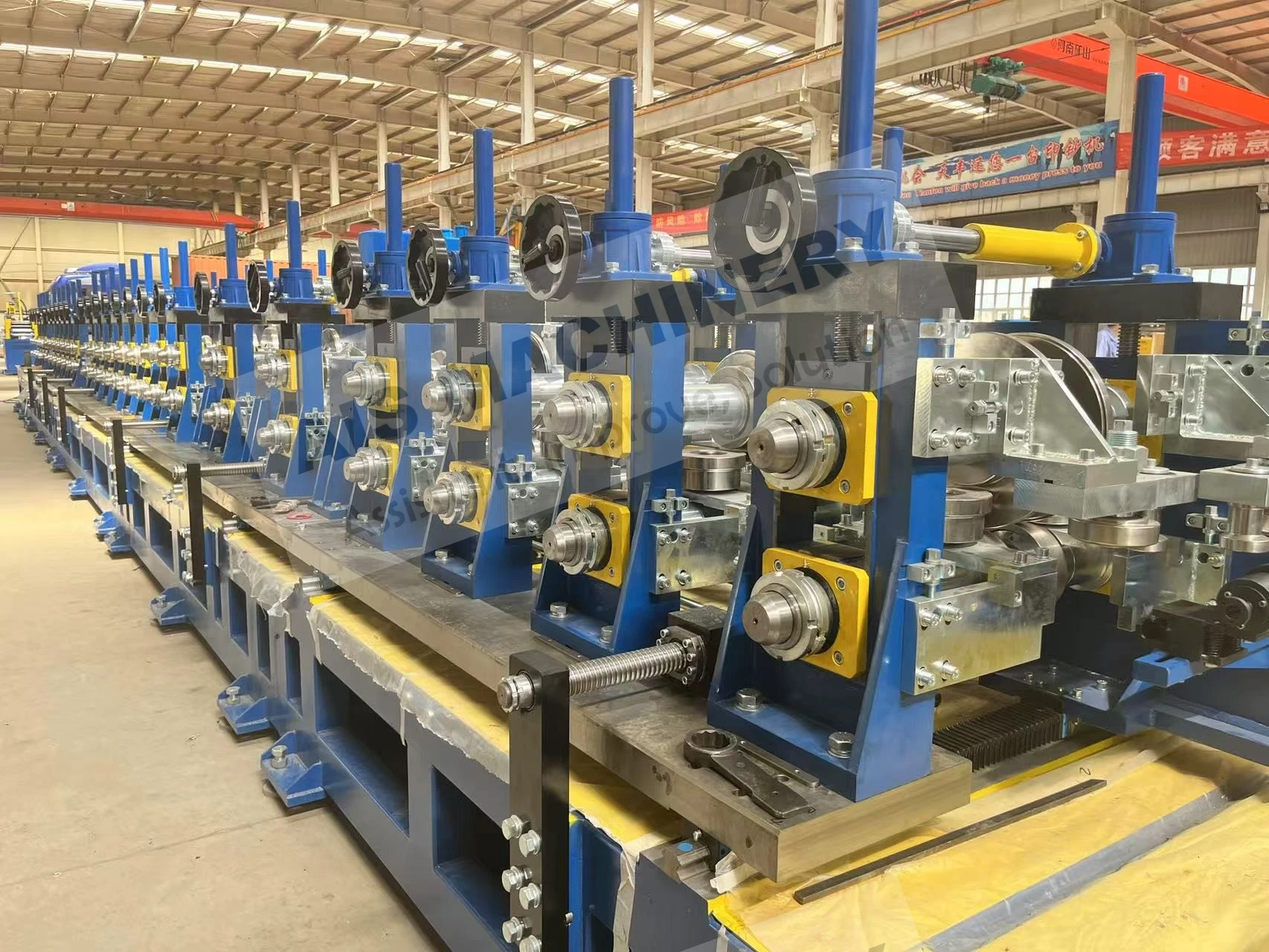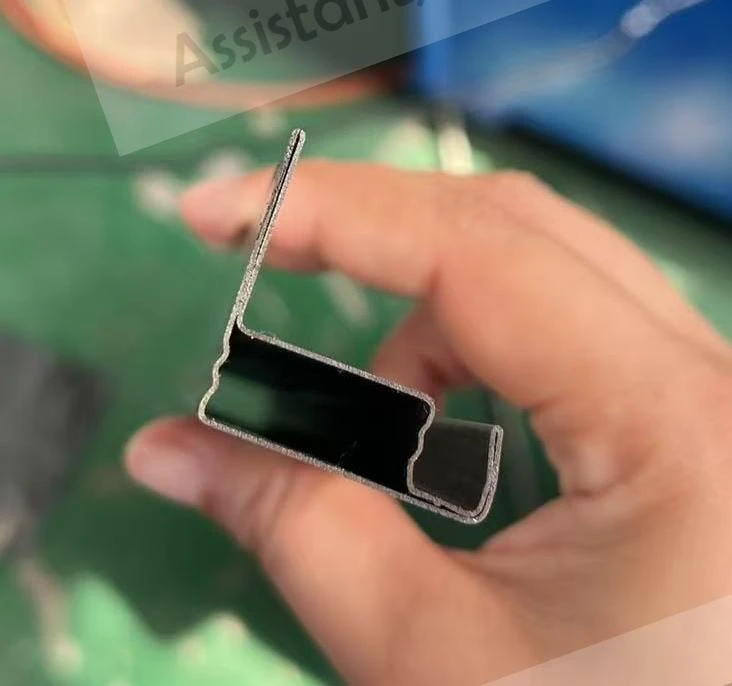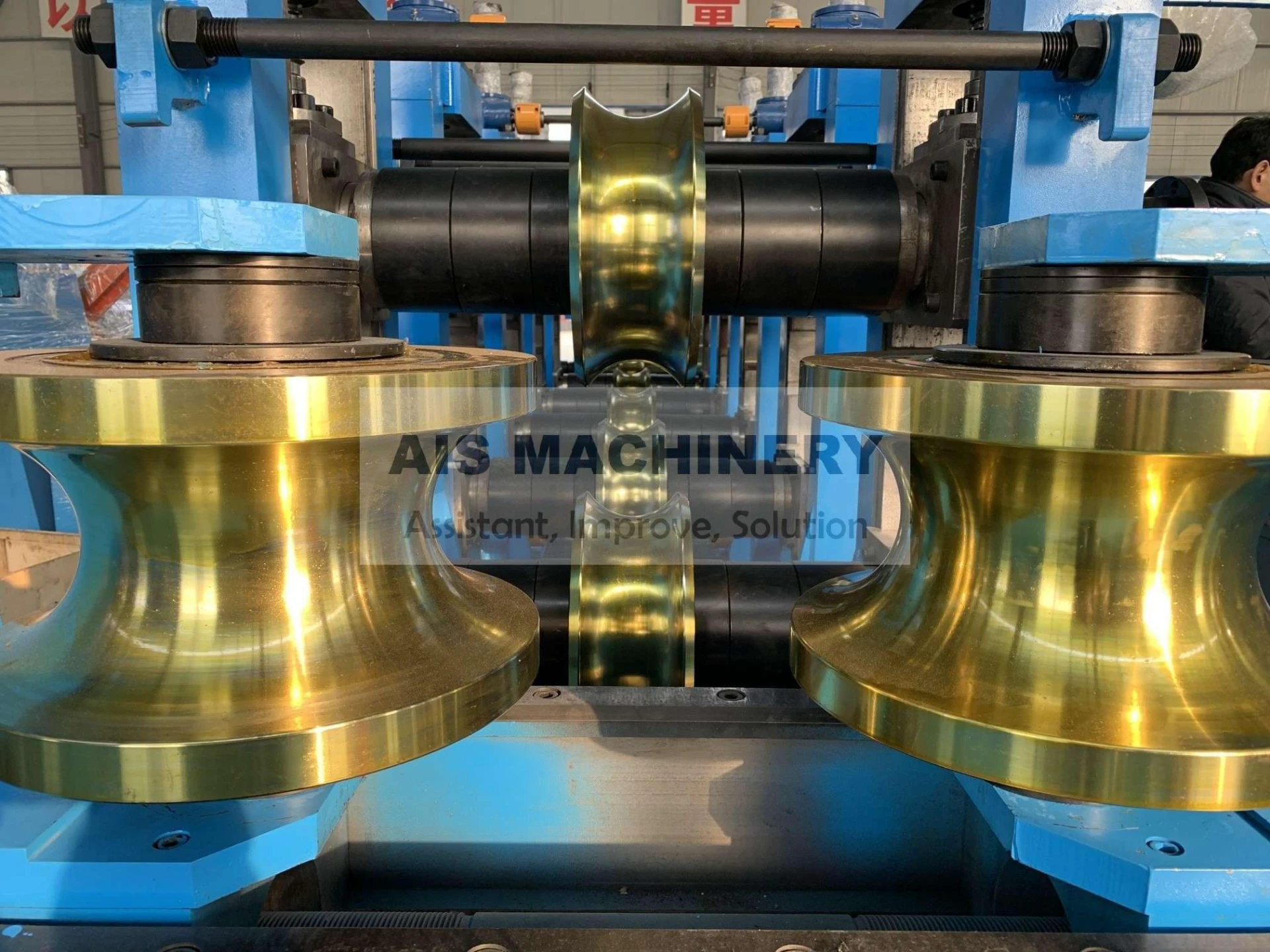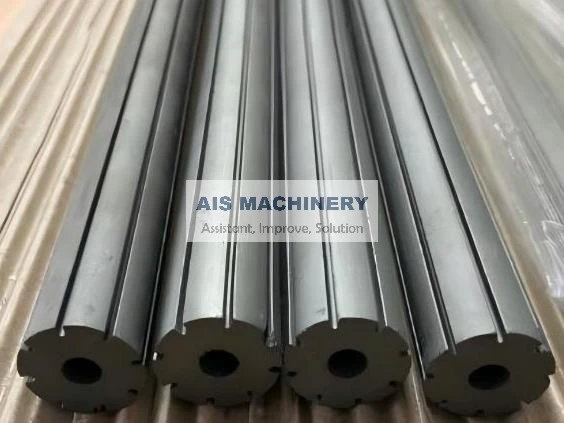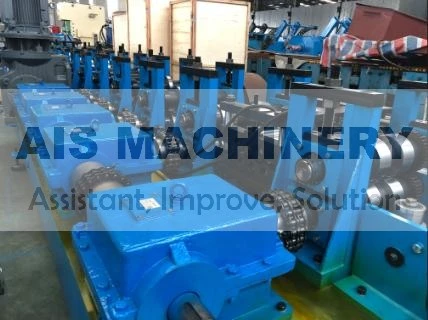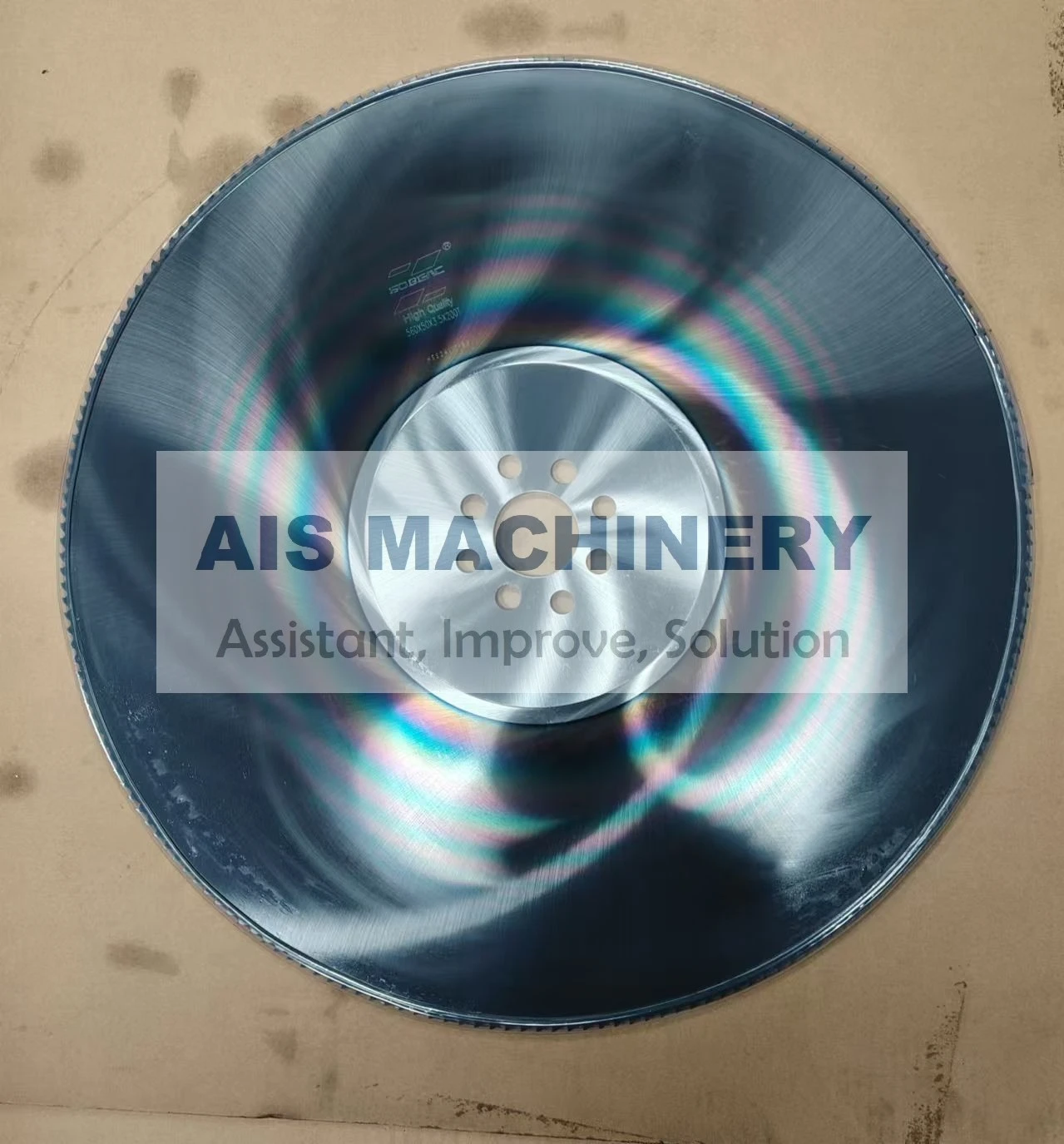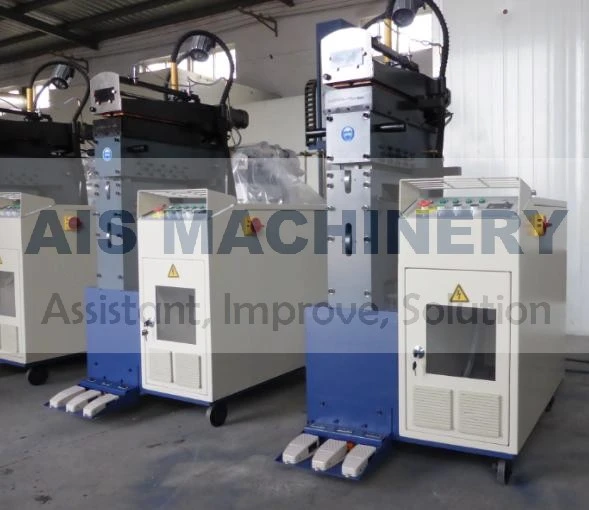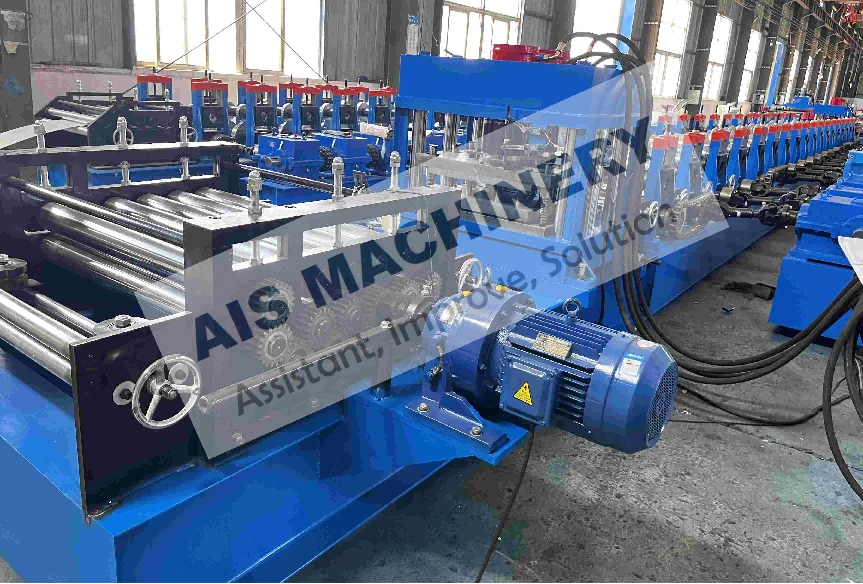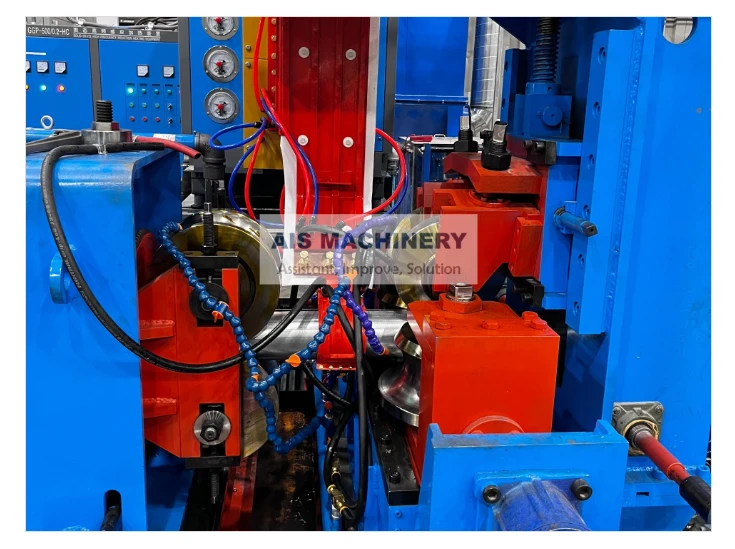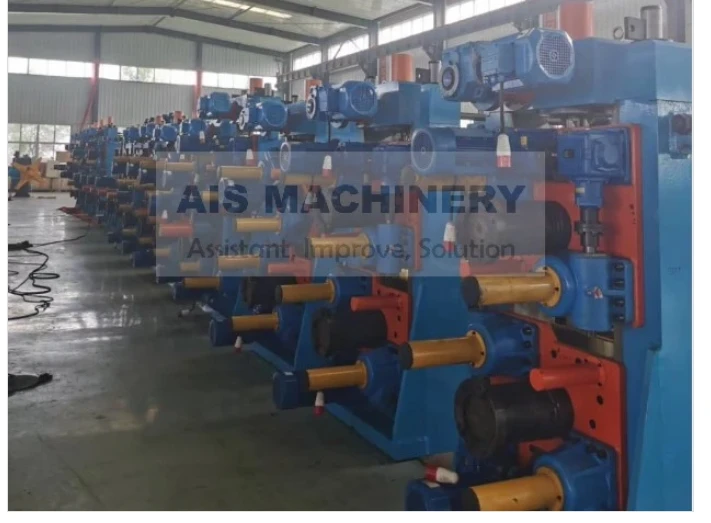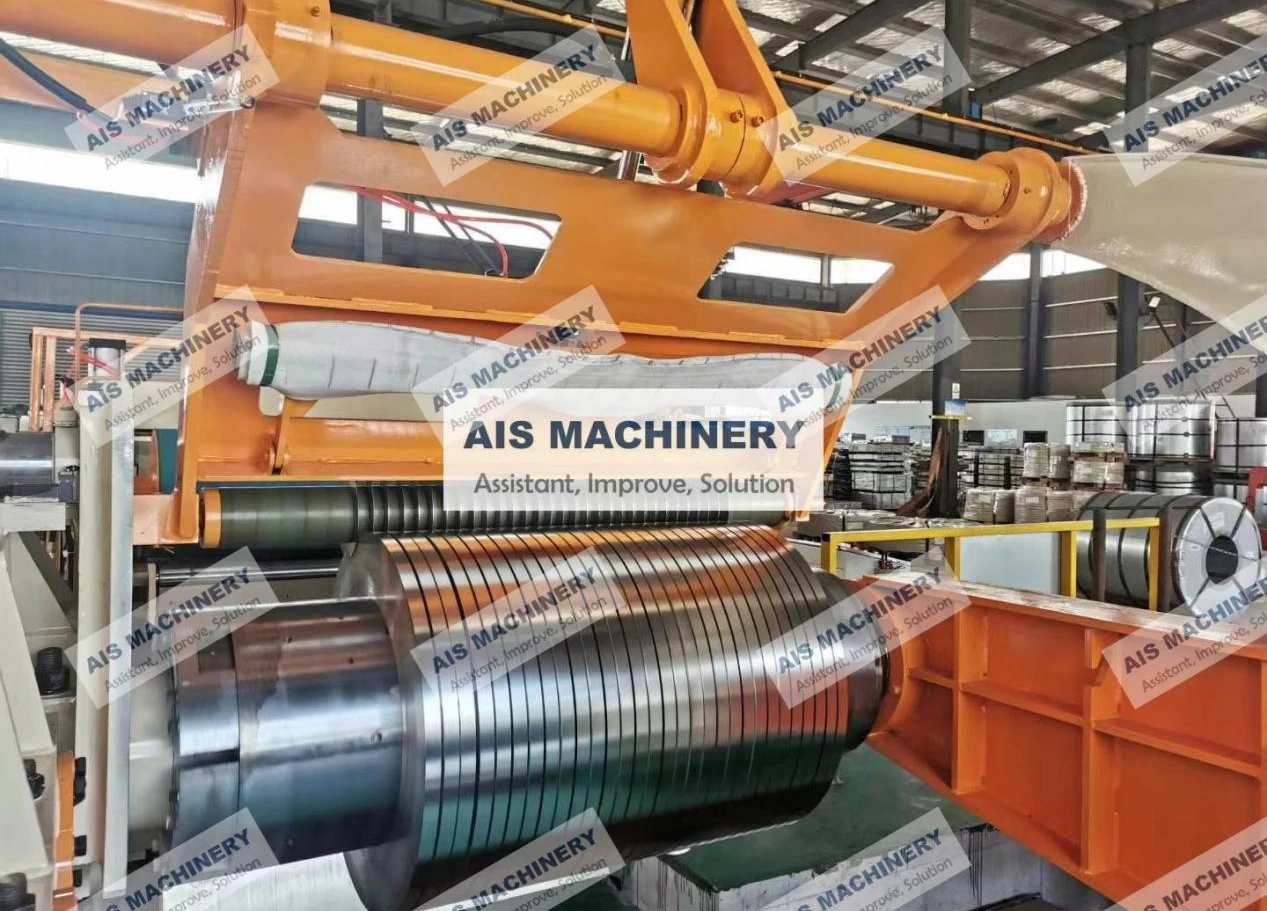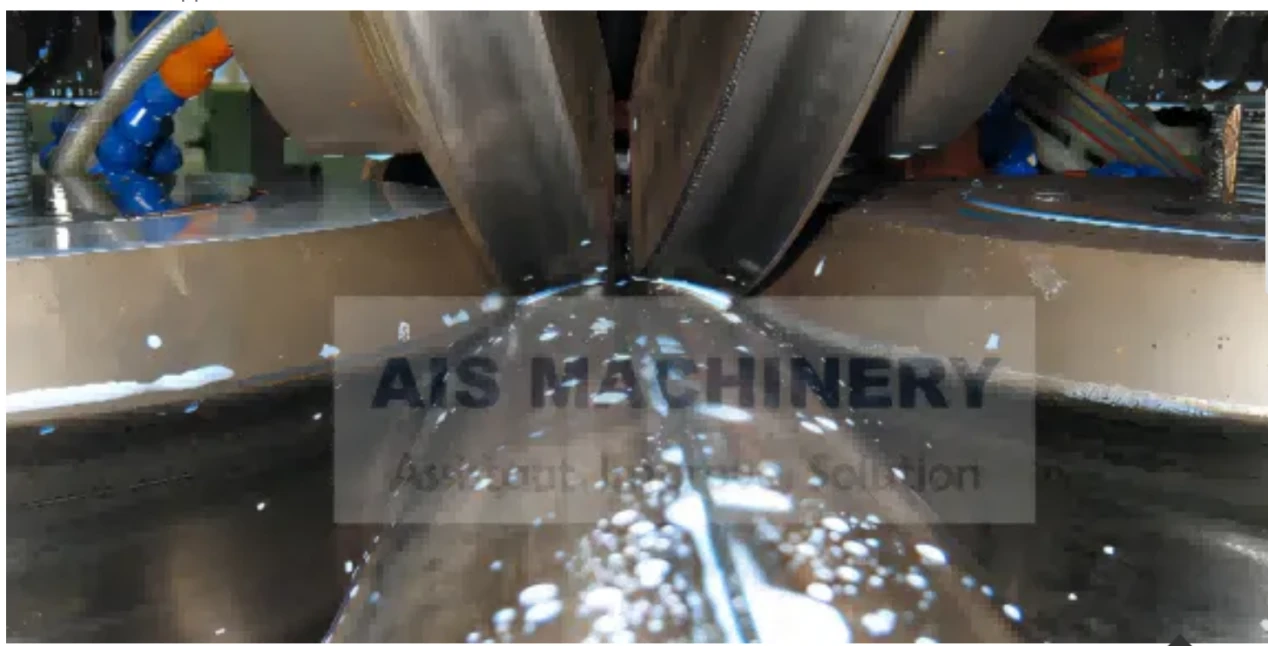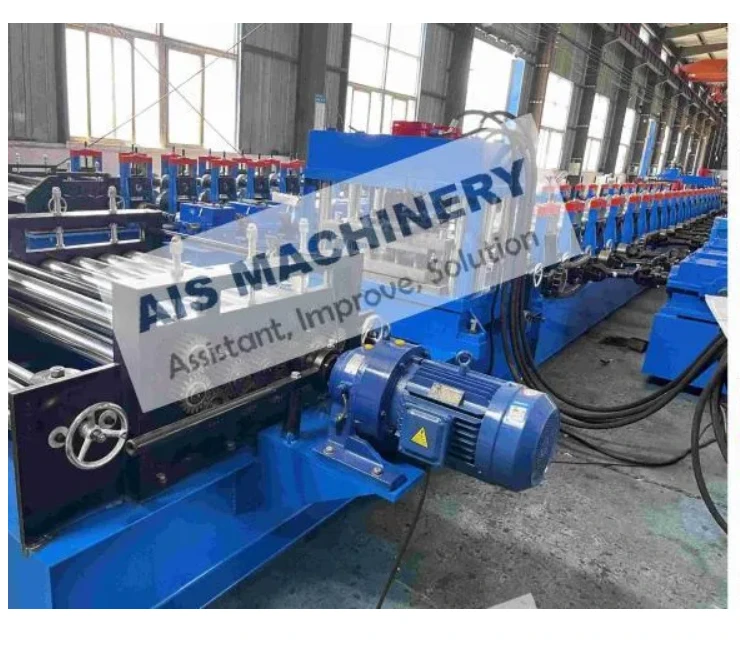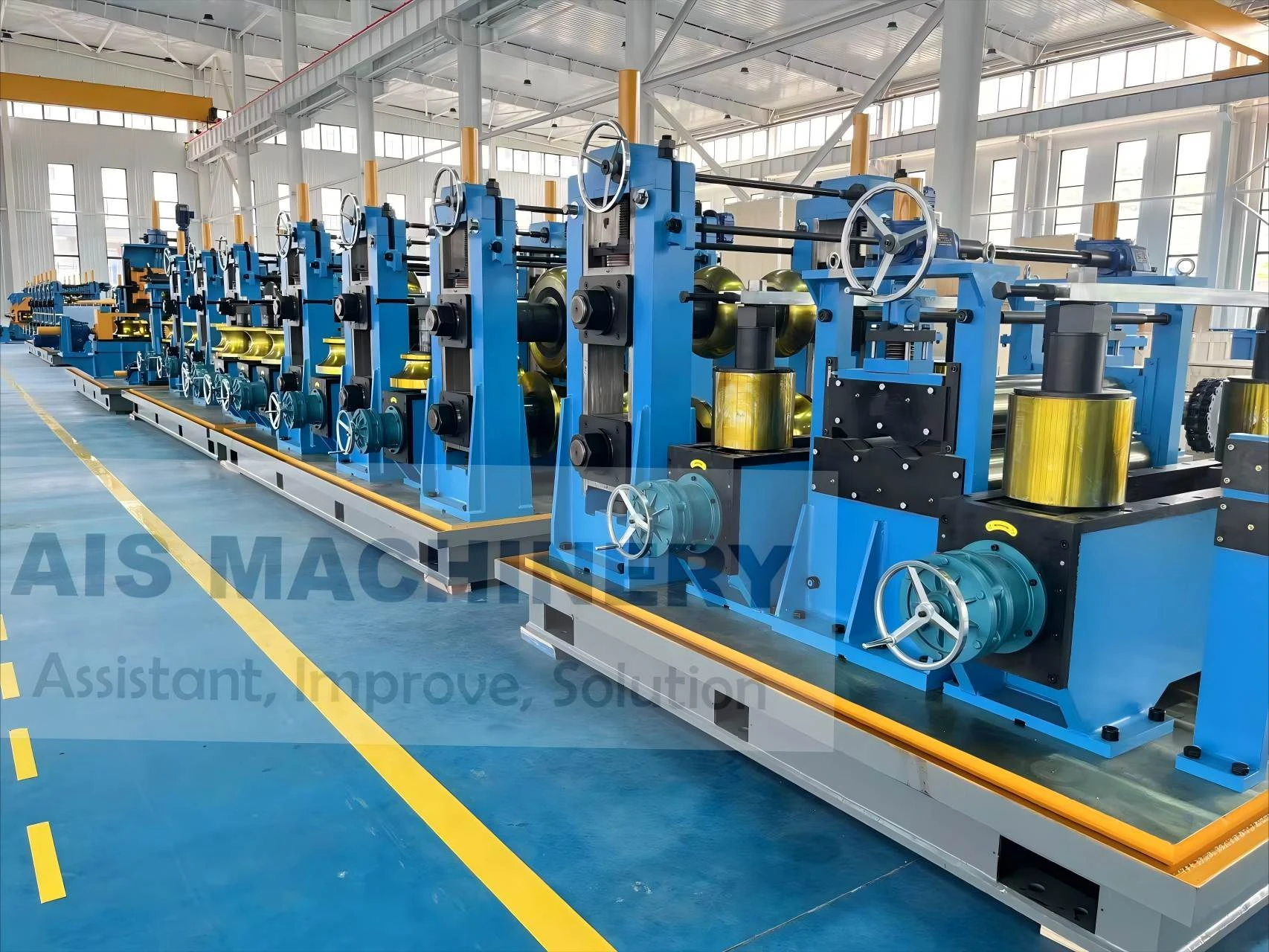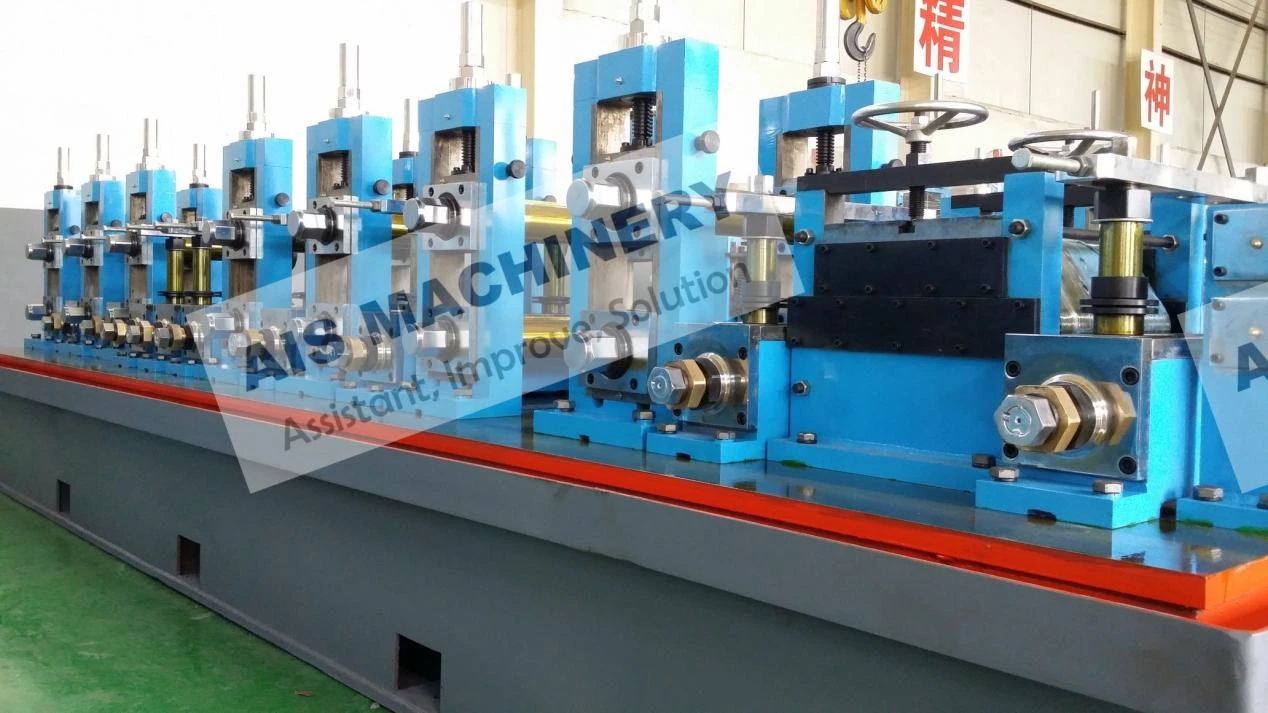-
 Tel:86-15176910262
Tel:86-15176910262
-

Search
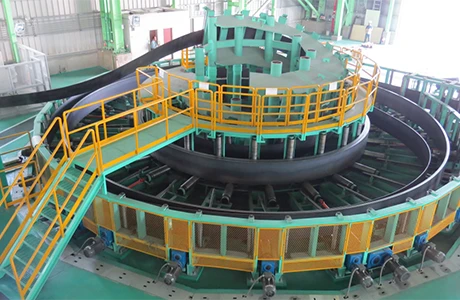
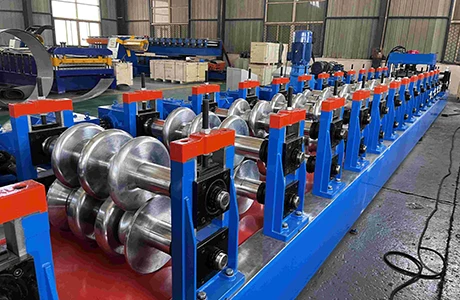
ERW Pipe Mill Material Compatibility
Jul . 28, 2025 14:57
Material compatibility is a cornerstone of efficient and high-quality pipe production in ERW Pipe Mill operations. For wholesalers, understanding how different materials interact with ERW Pipe Mill systems, carbon steel tube mill equipment, and carbon steel pipe making machine components is essential to guide customers toward optimal equipment choices. HEBEI AIS MACHINERY EQUIPMENT CO.,LTD, a leading manufacturer of these systems, emphasizes that material compatibility directly impacts weld strength, production speed, and equipment longevity. This guide explores the key compatibility considerations for ERW Pipe Mill operations, focusing on carbon steel grades, machine component materials, and practical solutions to ensure seamless production.
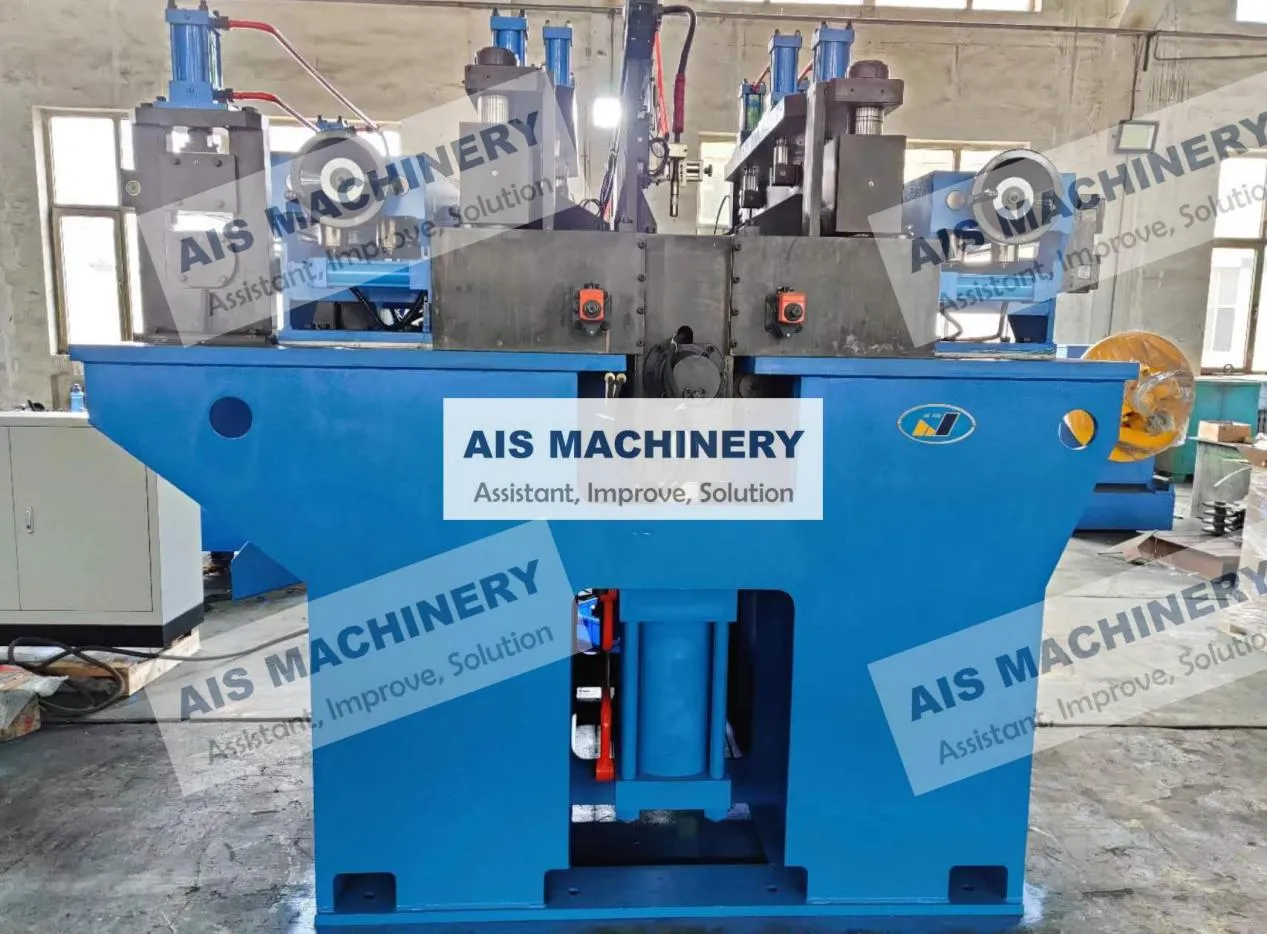
ERW Pipe Mill and Steel Grade Compatibility
Low-Carbon Steel Compatibility
- Welding Performance: ERW Pipe Mill systems are inherently compatible with low-carbon steels (0.05–0.30% carbon), such as ASTM A53, due to their excellent weldability. These steels form consistent, strong welds under high-frequency current, requiring minimal adjustments to mill parameters. HEBEI AIS MACHINERY EQUIPMENT CO.,LTD.’s standard ERW Pipe Mill models are pre-calibrated for low-carbon steel, with voltage settings (10–15 kV) optimized to prevent burn-through while ensuring full penetration.
- Forming Characteristics: Low-carbon steel’s ductility makes it easy to shape in ERW Pipe Millforming rollers, reducing the risk of cracks or tears during bending. HEBEI AIS MACHINERY EQUIPMENT CO.,LTD. notes that their ERW Pipe Mill systems achieve up to 98% yield rates with low-carbon steel, making it ideal for high-volume production of structural and plumbing pipes.
- Post-Weld Treatment: Low-carbon steel pipes from ERW Pipe Milloperations rarely require heat treatment, as their welds retain sufficient toughness without annealing. This simplifies production workflows, lowering costs for customers focused on general-purpose pipes.
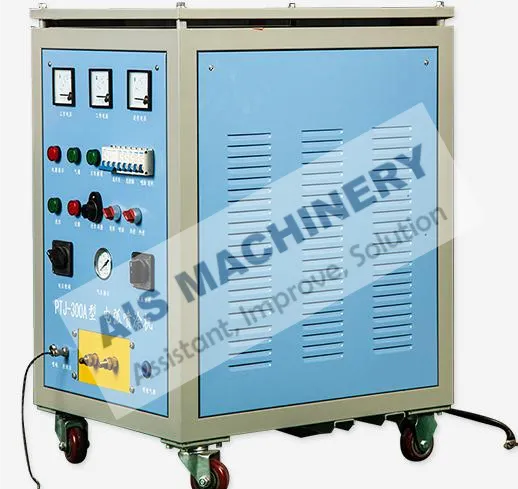
High-Strength Low-Alloy (HSLA) Steel Adaptations
- Adjusted Welding Parameters: HSLA steels, containing alloys like niobium or vanadium, require modified ERW Pipe Millsettings to avoid weld brittleness. HEBEI AIS MACHINERY EQUIPMENT CO.,LTD. offers ERW Pipe Mill systems with variable frequency controls (400–600 kHz) that focus heat more precisely, preventing overheating of alloy-rich zones.
- Roller Material Compatibility: HSLA steel’s higher strength demands harder forming rollers in ERW Pipe Millsystems to resist wear. HEBEI AIS MACHINERY EQUIPMENT CO.,LTD. uses high-chrome (12% Cr) rollers for HSLA processing, extending roller lifespan by 25% compared to standard steel rollers.
- Cooling System Requirements: Rapid cooling after welding is critical for HSLA steel to maintain strength. HEBEI AIS MACHINERY EQUIPMENT CO.,LTD.’s ERW Pipe Millincludes water mist cooling systems that reduce pipe temperature from 1000°C to 300°C in under 10 seconds, preserving HSLA steel’s mechanical properties.
Carbon Steel Tube Mill Component-Material Compatibility
Roller and Guide Compatibility
- Roller Material Selection: carbon steel tube millrollers must match the hardness of the carbon steel being processed—softer rollers (50–55 HRC) for low-carbon steel and harder rollers (58–62 HRC) for high-carbon grades. HEBEI AIS MACHINERY EQUIPMENT CO.,LTD.’s carbon steel tube mill systems feature interchangeable roller sets, allowing quick switches between steel grades without compromising tube dimensional accuracy.
- Lubrication Compatibility: Carbon steel’s tendency to form iron oxide requires carbon steel tube milllubricants that resist oxidation. HEBEI AIS MACHINERY EQUIPMENT CO.,LTD. recommends synthetic lubricants with anti-corrosion additives for their carbon steel tube mill systems, preventing scale buildup on rollers and reducing maintenance downtime.
- Guide Rail Materials: carbon steel tube millguide rails, which align steel strips during forming, must resist abrasion. HEBEI AIS MACHINERY EQUIPMENT CO.,LTD. uses case-hardened steel for guide rails in their carbon steel tube mill equipment, ensuring compatibility with even high-carbon (0.30–0.60%) steels.
Welding Electrode and Contact Shoe Compatibility
- Electrode Material: carbon steel tube millwelding electrodes are typically copper-based, chosen for their high electrical conductivity. HEBEI AIS MACHINERY EQUIPMENT CO.,LTD. offers electrodes with chromium plating for carbon steel tube mill systems processing high-sulfur steels, reducing corrosion from sulfur-induced oxidation.
- Contact Shoe Wear: Contact shoes in carbon steel tube millsystems wear faster when processing high-carbon steel due to increased friction. HEBEI AIS MACHINERY EQUIPMENT CO.,LTD.’s carbon steel tube mill models include quick-change shoe mechanisms, minimizing downtime when replacing worn components.
Carbon Steel Pipe Making Machine and Material Processing Compatibility
High-Carbon Steel Processing Considerations
- Forming Challenges: High-carbon steel (0.60–1.0% carbon) is less ductile, requiring slower line speeds in carbon steel pipe making machineoperations to avoid cracking. HEBEI AIS MACHINERY EQUIPMENT CO.,LTD. adjusts their carbon steel pipe making machine systems to 20–30 m/min for high-carbon steel, compared to 50–80 m/min for low-carbon grades, ensuring proper forming.
- Weld Strength Requirements: High-carbon steel’s hardness increases weld brittleness, making carbon steel pipe making machinepressure settings critical. HEBEI AIS MACHINERY EQUIPMENT CO.,LTD.’s carbon steel pipe making machine systems use programmable pressure controls, applying 10–15% higher force than with low-carbon steel to ensure fusion without excessive heat input.
- Tooling Durability: carbon steel pipe making machinecutters and sizing dies wear quickly when processing high-carbon steel. HEBEI AIS MACHINERY EQUIPMENT CO.,LTD. offers tungsten carbide-tipped tools for their carbon steel pipe making machine models, extending tool life by 300% in high-carbon applications.
Coated Steel Compatibility
- Galvanized Steel Handling: carbon steel pipe making machinesystems can process galvanized steel, but require modified welding to avoid zinc vapor contamination. HEBEI AIS MACHINERY EQUIPMENT CO.,LTD.’s carbon steel pipe making machine includes zinc fume extractors and insulated rollers to prevent zinc adhesion, preserving both weld quality and pipe corrosion resistance.
- Paint and Polymer Coated Steels: carbon steel pipe making machineoperations with pre-coated steels need lower welding temperatures to protect coatings. HEBEI AIS MACHINERY EQUIPMENT CO.,LTD. adjusts their carbon steel pipe making machine frequency to 600–800 kHz for coated steels, focusing heat on the weld zone to minimize coating damage.
Table: Material Compatibility in ERW Pipe Mill and Related Equipment
|
Material Type |
ERW Pipe Mill Optimal Settings |
carbon steel tube mill Component Needs |
carbon steel pipe making machine Line Speed |
|
Low-Carbon Steel |
10–15 kV, 50–80 m/min |
Standard steel rollers, copper electrodes |
50–80 m/min |
|
HSLA Steel |
8–12 kV, 40–60 m/min, enhanced cooling |
High-chrome rollers, variable frequency control |
40–60 m/min |
|
High-Carbon Steel |
12–18 kV, 20–30 m/min |
Tungsten carbide tools, slow forming |
20–30 m/min |
|
Galvanized Steel |
10–15 kV, zinc fume extraction |
Insulated rollers, corrosion-resistant electrodes |
30–50 m/min |
ERW Pipe Mill FAQS
Can ERW Pipe Mill systems process both low-carbon and high-carbon steel?
Yes, ERW Pipe Mill systems can process both low-carbon and high-carbon steel with proper adjustments. Low-carbon steel (≤0.30% carbon) works with standard settings, while high-carbon steel requires slower line speeds (20–30 m/min) and higher welding pressure to ensure quality. HEBEI AIS MACHINERY EQUIPMENT CO.,LTD.’s ERW Pipe Mill models feature modular components, allowing quick switches between steel grades without extensive retooling, making them versatile for customers needing to produce diverse pipe types.
What makes carbon steel tube mill equipment compatible with HSLA steel?
carbon steel tube mill equipment achieves compatibility with HSLA steel through modified roller materials and welding controls. High-chrome rollers resist wear from HSLA’s higher strength, while variable frequency welding (400–600 kHz) focuses heat to avoid alloy degradation. HEBEI AIS MACHINERY EQUIPMENT CO.,LTD.’s carbon steel tube mill systems also include enhanced cooling to preserve HSLA steel’s mechanical properties, ensuring the final pipes meet strength requirements for structural applications.
How do carbon steel pipe making machine settings differ for coated vs. uncoated steel?
carbon steel pipe making machine settings for coated steel (e.g., galvanized) prioritize coating protection, using higher frequency welding (600–800 kHz) to limit heat spread and preserve the coating. Uncoated steel allows lower frequencies and faster speeds. HEBEI AIS MACHINERY EQUIPMENT CO.,LTD.’s carbon steel pipe making machine systems include coated steel presets, automatically adjusting speed (30–50 m/min) and cooling to prevent coating damage while maintaining weld integrity.
Are ERW Pipe Mill components interchangeable between different steel grades?
Many ERW Pipe Mill components are interchangeable between steel grades, but critical parts like rollers and electrodes may need modification. For example, high-carbon steel requires harder rollers than low-carbon steel. HEBEI AIS MACHINERY EQUIPMENT CO.,LTD. designs ERW Pipe Mill systems with modular tooling, allowing wholesalers to offer customers interchangeable parts that adapt to various steel grades, reducing inventory complexity.
What maintenance is required to maintain material compatibility in carbon steel tube mill operations?
Maintaining material compatibility in carbon steel tube mill operations requires regular inspection of rollers (for wear), electrodes (for corrosion), and cooling systems (for efficiency). HEBEI AIS MACHINERY EQUIPMENT CO.,LTD. recommends daily checks of roller alignment and weekly replacement of contact shoes in high-carbon steel processing. Proper lubrication of moving parts also prevents material buildup, ensuring consistent performance across all steel grades processed in the carbon steel tube mill.
Material compatibility is a critical factor in maximizing the performance of ERW Pipe Mill, carbon steel tube mill, and carbon steel pipe making machine systems. By understanding how different steel grades interact with mill components—from low-carbon steel’s ease of welding to high-carbon steel’s tooling demands—wholesalers can guide customers toward equipment that meets their specific production needs. HEBEI AIS MACHINERY EQUIPMENT CO.,LTD.’s commitment to engineering adaptable systems, with adjustable parameters and durable components, ensures that their ERW Pipe Mill, carbon steel tube mill, and carbon steel pipe making machine models deliver consistent quality across a wide range of materials. As a wholesaler, emphasizing these compatibility features not only enhances customer satisfaction but also positions you as a trusted advisor in the pipe manufacturing industry.
Related Products
Related News
Send a Message
Dear customer, thank you for your attention! We provide high-quality machinery and equipment and look forward to your orders. Please inform us of your needs and we will respond quickly!

